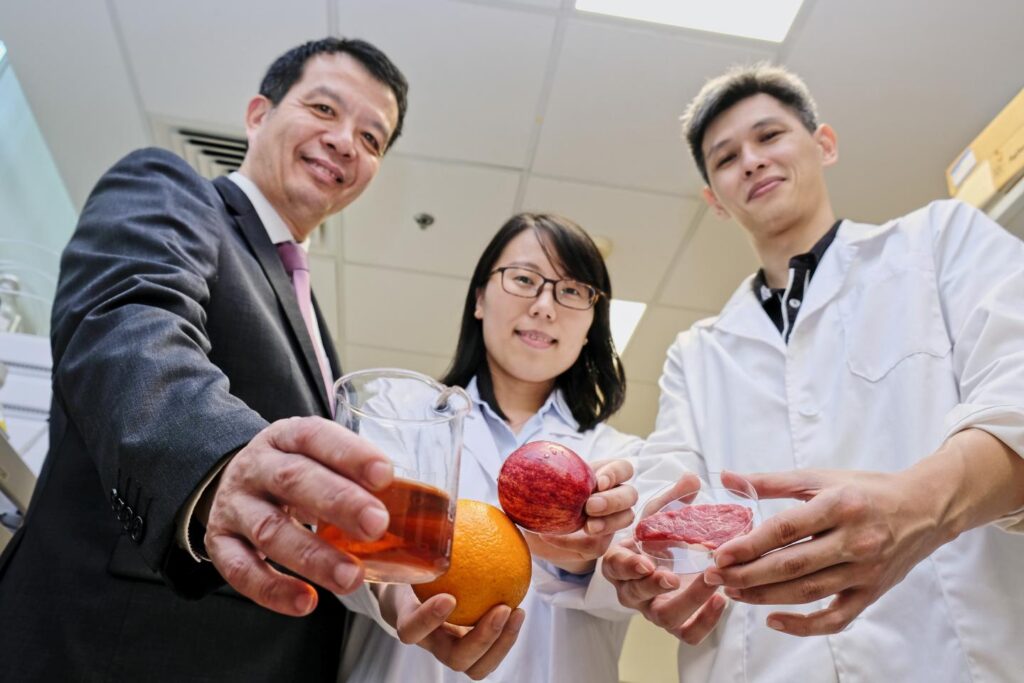Towards the end of 2018, a small but tenacious research team at Nanyang Technological University in Singapore discovered a plant-based food preservative. All the results of this study went somewhat unnoticed published in January 2019 on Food Chemistry.
Since then, over the past two years the team has taken to further developing their findings to benefit the food industry. The main objective was to improve the effectiveness and safety of these plant-based food preservatives, so that they could be used in all packaged food products.

Plant-based food preservatives: how did they find them?
The research of the Singapore team (a nation far ahead in terms of food, just think of the extraordinary work on vertical gardens) focused on flavonoids.
Flavonoids are naturally occurring chemicals in plants such as onions, strawberries, cabbage, and grapes. They protect grass, fruit and vegetables from pathogens and parasites, and help give them brilliant colors.
The research group led by Professor William Chen, the research team engineered brewer's yeast to make flavonoids from plants. Natural but special flavonoids with great antimicrobial and antioxidant properties.
During the tests, the scientists found that the resulting plant-based food preservatives “kept the samples fresh for two days without refrigeration. This makes them superior to commercial-grade artificial food preservatives.”
What future for plant-based food preservatives?
A discovery like this is a win-win for many reasons. It generates a "virtuous" supply chain that connects agronomy and the food supply chain without going through chemistry. It preserves food naturally, and also shortens the supply chain.
For example, plant-based food preservatives necessary for the preservation of the goods can also be produced in the same vegetable and vegetable collection site.


